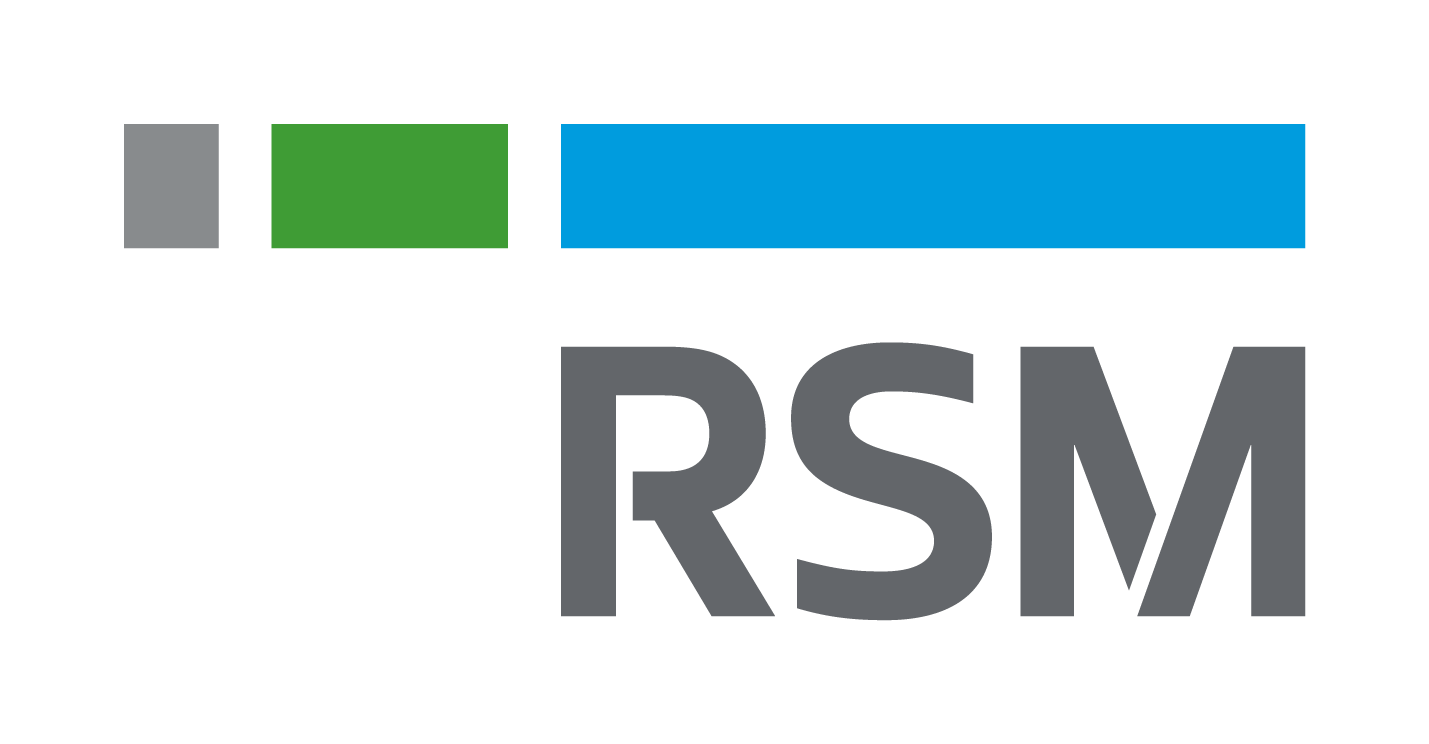Japanese Withholding Tax “Gensen choshu” Guide: Streamlining Tax Operations for Foreign Companies in Japan
June 4, 2024
Japan’s tax landscape can seem like a labyrinth, particularly for foreign companies venturing into this vibrant market. The withholding tax system, a cornerstone of Japanese taxation, plays a pivotal role in your company’s financial health. As the Finance Controller for your company, understanding this system is crucial to ensure compliance and optimize your financial strategies.
Your Guide to Withholding Tax “Gensen choshu”
At its core, withholding tax is a system where your company deducts taxes directly from payments to employees and other recipients, remitting them to the government. This ensures a steady stream of tax revenue for the government and simplifies tax compliance for your employees—a win-win scenario for all parties involved.
Understanding the Mechanics: What You Need to Know
Who is subject to withholding tax?
In Japan, various income types fall under the withholding tax umbrella, including salaries, bonuses, retirement allowances, directors’ remuneration, interest income, and dividend income.
How are rates determined?
Withholding tax rates vary depending on the income type and follow a progressive structure. This means higher earners face higher tax rates.
When does withholding occur?
Typically, withholding tax is deducted at the time of monthly salary payments and bonus disbursements.
Year-End Adjustments
Unlike in the US, Japan mandates a year-end adjustment process. In December, companies recalculate the total tax liability for the year and reconcile any overpayment or underpayment with the employee’s December salary. This ensures accurate tax payments and minimizes surprises for both your company and your employees.
Navigating Compliance
Strict adherence to regulations
Non-compliance can lead to penalties and fines. Partnering with a tax professional well-versed in Japanese tax law is a wise investment.
Accuracy in calculations
Mistakes can trigger additional tax liabilities or penalties. Leverage the expertise of tax professionals to ensure precision.
Year-end adjustment mastery
Familiarize yourself with the specific procedures and documentation required for year-end adjustment to avoid any complications.
Strategic Outsourcing for Efficiency
Outsourcing withholding tax management to experienced professionals in Japan can be a game-changer. This not only ensures accuracy and compliance but also allows your team to focus on core business activities.
Similarities and Differences: Global Perspective
Japan’s withholding tax system shares similarities with systems in the US, UK, France, and Germany. In Germany, like in Japan, companies are required to perform year-end adjustments. However, this year-end adjustment process is particularly unique to Japan and requires careful attention.
Embrace Compliance for Long-Term Success
Understanding and adhering to Japan’s withholding tax system is essential for your company’s financial well-being and long-term success in this dynamic market. By partnering with tax experts and prioritizing compliance, you can navigate this complex landscape with confidence.







